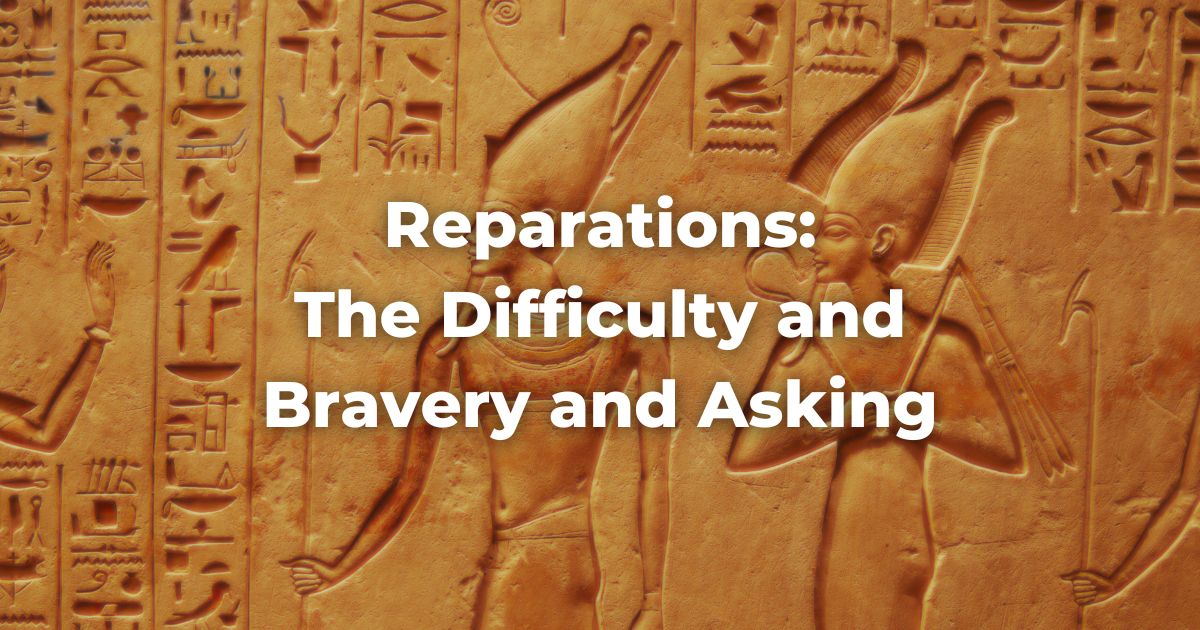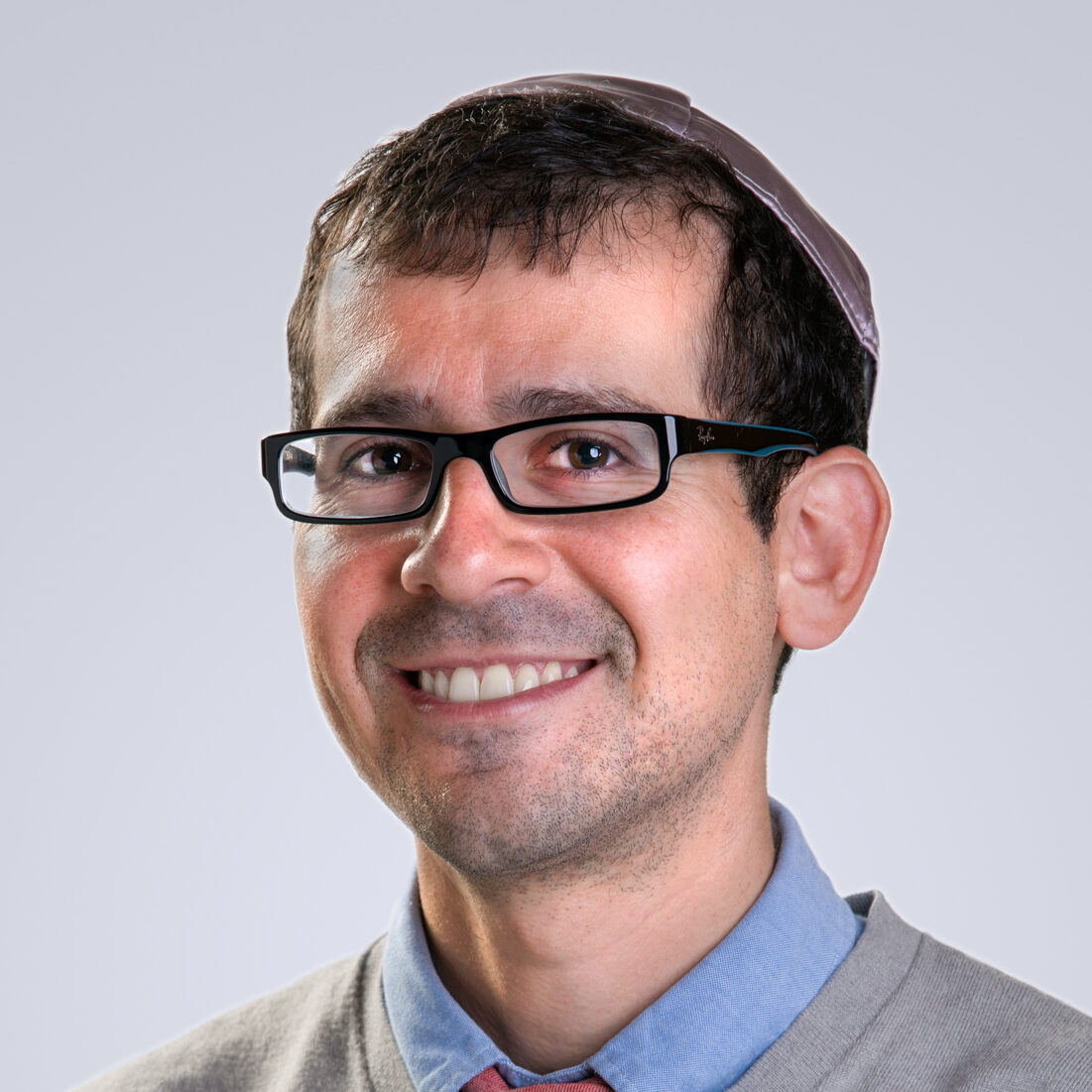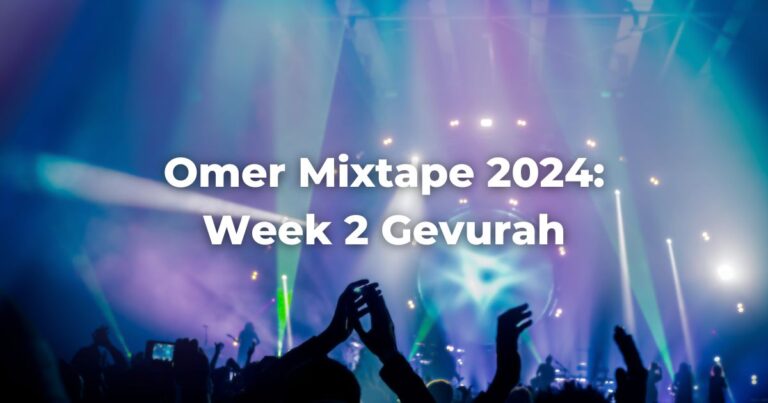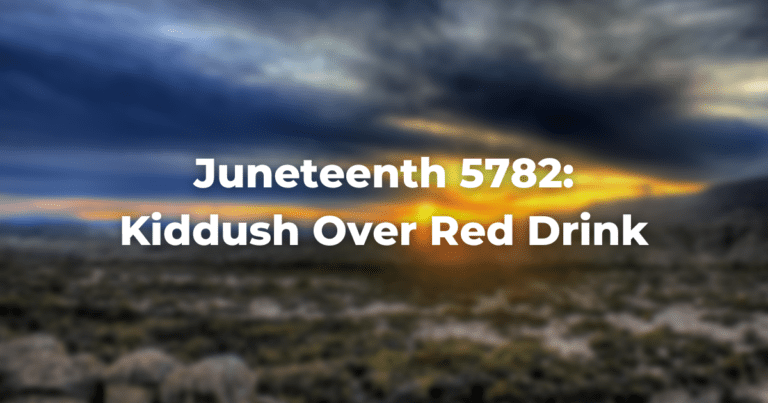Reparations. We took them, twice over. Once, at least mythically speaking, in ancient Egypt, and the state of Israel took them from West Germany in 1952, not to mention additional reparations paid by Germany to Holocaust victims and their heirs.
An essential part of our spiritual and national liberation narrative, the Humash (the first five books of the Hebrew Bible) mentions them four times, not to mention numerous discussions in classical rabbinic literature.
In fact, as one might expect, our Haggadah does not neglect to mention this integral element of our origin story.
Within the Maggid (the storytelling section), we recall the Covenant of the Pieces, when Abraham, our ancestor, is asked to internalize three intense elements of his descendants’ future journeys (two of them heartbreaking!):
- “They shall be strangers in a land not theirs.”
- “The people of this land shall enslave and afflict them for 400 years.”
- “The Unconditional will judge that land’s inhabitants, and Abraham’s descendants shall depart with great wealth.”
Later, in Exodus, three times the text describes this taking of wealth by Abraham’s enslaved descendants, viewed by many of our pashtanim (plain-contextual commentators) as back-wages for years of servitude in Egypt and/or a form of Egyptian restitution. The first is in the context of Moses’ prophetic commissioning [Exodus 3:21-22], the second, directly before the slaying of the Egyptian first-born [Exodus 11:2-3] and the third, right after instructions for the slaughter of the paschal lamb [Exodus 12:35-36].
In Oznayim LaTorah, a commentary on the weekly parasha, or portion by Rabbi Zalman Sorotzkin, a leader of pre-World War II Ukraine and post-World War II Israel, offers profound psychological insights into the conflict that our Israelite ancestors may have felt upon God’s instruction to ask for reparations.(One of two subversive acts that the Redemptive One asks of them to help them find their agency, the other being the slaughtering of the Paschal lamb, symbolic of the Egyptian god Amun.)
Sorotzkin examines the curious word “Na,” meaning “please” in instructions given to Moses in Exodus 11:
דַּבֶּר־נָא בְּאָנֵי הָעָם וְיִשְׁאֲלוּ אִישׁ מֵאֵת רֵעֵהוּ וְאִשָּׁה מֵאֵת רְעוּתָהּ כְּלֵי־כֶסֶף וּכְלֵי זָהָב׃
“Please ask, in the hearing of the people, that each man ask his neighbor and each woman her neighbor for vessels of silver and gold.”
The Babylonian Talmud: Berakhot 9a interrogates this linguistic curiosity, a triple request, first of God to Moses, then of Moses to the people, and finally of the Israelites to their neighbors, who, if not directly participating in a slave society, were certainly complicit and benefited from such a power structure.
The School of Rabbi Yannai raises an implicit question about the need for request rather than commandment, and the anonymous voice of the Talmud gives a strange answer:
שֶׁלֹּא יֹאמַר אוֹתוֹ צַדִּיק, ״וַעֲבָדוּם וְעִנּוּ אֹתָם״ — קִייֵּם בָּהֶם, ״וְאַחֲרֵי כֵן יֵצְאוּ בִּרְכֻשׁ גָּדוֹל״ — לֹא קִייֵּם בָּהֶם.
“So that that righteous one [Abraham] not say, “And they shall enslave them and afflict them” was fulfilled regarding them [my descendants] but “and they shall go out to [freedom] with great wealth” was not fulfilled regarding them.”
Sorotzkin’s first challenge to the text questions why the sages, or Abraham, for that matter, might assume God’s prophecies would be disingenuous, especially Abraham, the “knight of faith” able to respond simultaneously with “Here I am” to both his God and his son on Mount Moriah (this interpretation of the binding of Isaac I gleaned from my teacher of Bible, Dr. Job Jindo).
And moreover, he asks, what was the psychological state of the people that they were loath to take silver and gold owed them for hundreds of years of brutal enslavement, eradication of culture and their ancestral religion and forced erosion of their familial structure!?
Furthermore, the Talmud never seems to answer why God requests rather than commands.
To awaken our imaginations and emotional sensitivity, Sorotzkin recounts the vociferously divided sentiments of Israeli survivors after World War II. Some felt that taking reparations from the Germans was like taking blood money, which could never ameliorate the loss of persons, culture, property, and wealth, not to mention the intergenerational trauma that haunted the survivors! “Shall those murderers be our inheritors!?” those in favor asked, meaning, shall we sit idly by in poverty while they [Nazis and Nazi collaborators] enjoy our stolen art, wealth, and property, and that of the slaughtered six million!?” In fact, Israeli survivors, after World War II, were so passionate in their discourse and feelings that riots almost broke out.
Similarly, imagining the emotional turmoil of our Israelite ancestors, Sorotzkin posits that some of them, their sons cast into the Nile or children baked into the bricks [Pirkei De-Rabbi Eliezer 48:18], wanted nothing from the Egyptians but distance, while others demanded restitution.
So why did our Israeli brethren ultimately decide to take reparations?
These reparations helped the state of Israel develop her natural resources and build infrastructure. In other words, what Sorotzkin intimates is the following: the Talmud’s answer regarding the fealty due to Abraham’s vision is true. It just took us about 1500 years to understand its profundity. It could only be understood through the tragedy of more recent history, of a wound more immediate.
Reparations, paid by German oppressors, owning their errors, and “placed upon the survivor’s children” [See Exodus 3:21], allowed building of intergenerational wealth and national prosperity, for Abraham’s “Land of Promise” to be realized.
And what about the deferred requests of Black Americans, who bravely and despite conflicting emotions, have asked collectively for reparations ever since Reconstruction promised 40 acres and a mule, which President Andrew Johnson failed to deliver. Furthermore, beginning in 1989 and every year afterward until his retirement in 2019 U.S. representative John Conyers Jr. proposed HR 40 (called thus after the 40 acres and a mule proposal), a bill requesting a congressional panel to explore reparations. Finally, in 2021, the bill was brought to a vote.
And what happens when slavery never really ends, but shifts forms, from enslavement to convict leasing, to Jim Crow Segregation, lynchings and the Great Migration, to mass incarceration, as I learned on the Conservative-Masorti movement’s recent Racial Justice Pilgrimage?
And what about communities like Africatown, Alabama, descendants of stolen enslaved persons who resisted and kept their West African customs, and asked that reparations take the form of a return to their homeland? The U.S. government, like hard-hearted Pharaoh, refused to make restitution.
What would it look like if America’s discussion about reparations was as passionate and robust as that of our Israelite forbears and German Shoah survivors in mid 20th century Israel?
And what about healing and restitution for American Jews who are also descendants of enslaved West Africans? Jews of Color currently comprise about 12% of the total American Jewish population.
We Jews, for both mythic, historical reasons, and for the sake of the value of ahavat Yisrael (cherishing the people Israel in all her beautiful diverse forms), have a stake in this delayed justice. Will we stand up, or be as intransigent and hard-hearted as Pharaoh?
Author
-

Michael works as Rav-Chazzan at Temple Emeth in Chestnut Hill, MA. President of the New England Region of the Cantors Assembly, he also serves on the CA Executive Committee, the Conservative Masorti Committee for Jewish Laws and Standards, and the Rabbinical Assembly's Racial Justice Subcommittee. He teaches courses through Hebrew College Open Circle Learning and at the Academy for Jewish Religion in NY. In his spare time, he loves to boulder and write poetry. His paper about the Golem and A.I. will be published by the Association for Jewish Studies this summer.




